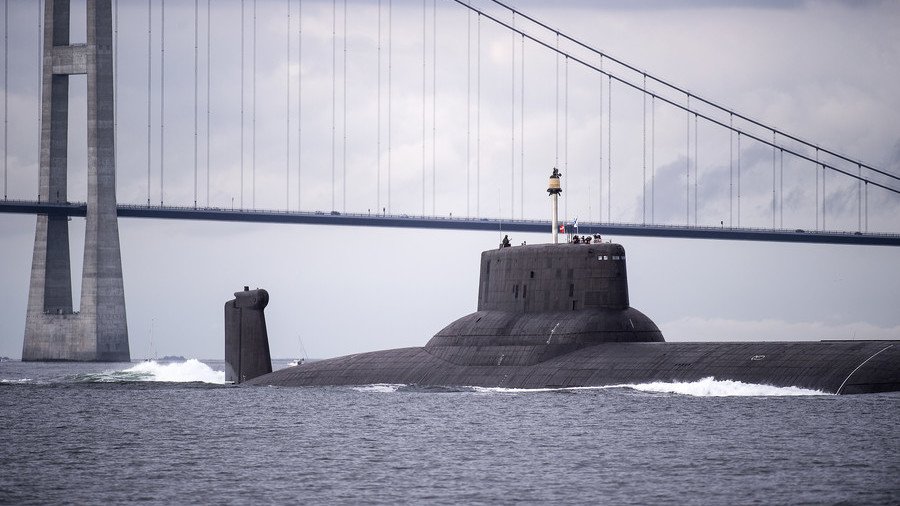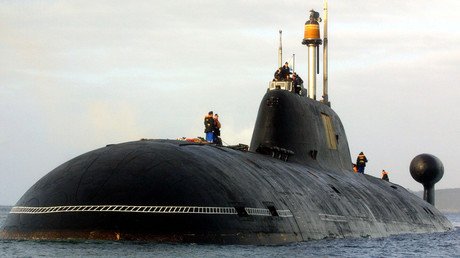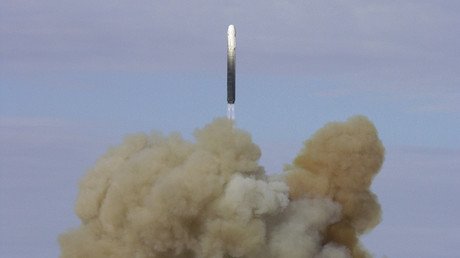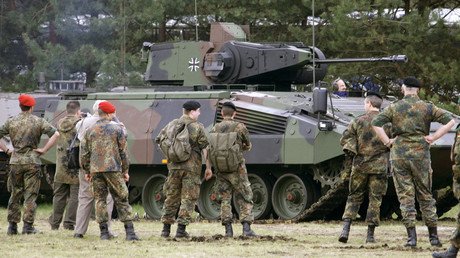‘Perpetual’ reactor for next-gen nuclear subs trialled in Russia

A Rosatom subsidiary said it has developed and successfully tested a “perpetual reactor” capable of powering Russia’s newest nuclear submarines during their entire lifetime – without having to be refueled.
The new nuclear reactor will be able to run during the whole lifecycle of a next-generation submarine, Afrikantov Design Bureau, a Rosatom subsidiary, said in an annual report. It said the company upgraded and tested newer design of the so-called ‘active zone’ – a heart of every reactor – allowing it to generate more power than its predecessors.
While being enormously efficient in terms of generated energy, a submarine-mounted nuclear reactor has to be refueled after several years in service. Normally, refueling means a lengthy and costly procedure which involves replacement of exhausted nuclear fuel as well as fix-ups, renovation and sometimes an upgrade of the entire vessel.
Now, with the new invention coming into use, Russian submarines will no longer need to undergo refueling and a reactor overhaul. Admiral Vladimir Popov, previously a Northern Fleet commander, suggested the “perpetual reactor” will see a rapid increase in the Navy’s capabilities, according to RIA Novosti.
He said that nuclear refueling is called “a number one operation” in the navy, which takes more than a month. During this time, the vessel – a nuclear-powered sub or a warship – is effectively taken out as a fighting unit and is unable to set sail.
Russia has unveiled other nuclear-related innovations over the past few months. Previously, President Vladimir Putin spoke of a strategic cruise missile with an almost unlimited range.
According to Putin, this is achieved due to a highly-efficient on-board miniaturized nuclear reactor, which powers the projectile. Such a missile can fly low enough to avoid early detection, can change course to avoid enemy anti-missile assets along its route, and maneuver to pierce the anti-missile systems protecting its target.
He also said at the time that miniaturizing a reactor boosted the design of another advanced weapons system – a high-endurance underwater drone. The drone can allegedly dive deep and travel through oceans at a speed that is several times higher than that of a submarine, a modern torpedo or even a surface ship.
Russia completed trials of a seaborne nuclear reactor in December 2017. The reactor is “100 times smaller” than those used by nuclear-propelled submarines and generates more power, Putin claimed. It can also reach its peak power 200 times faster than a conventional nuclear power plant.
Subscribe to RT newsletter to get stories the mainstream media won’t tell you.















